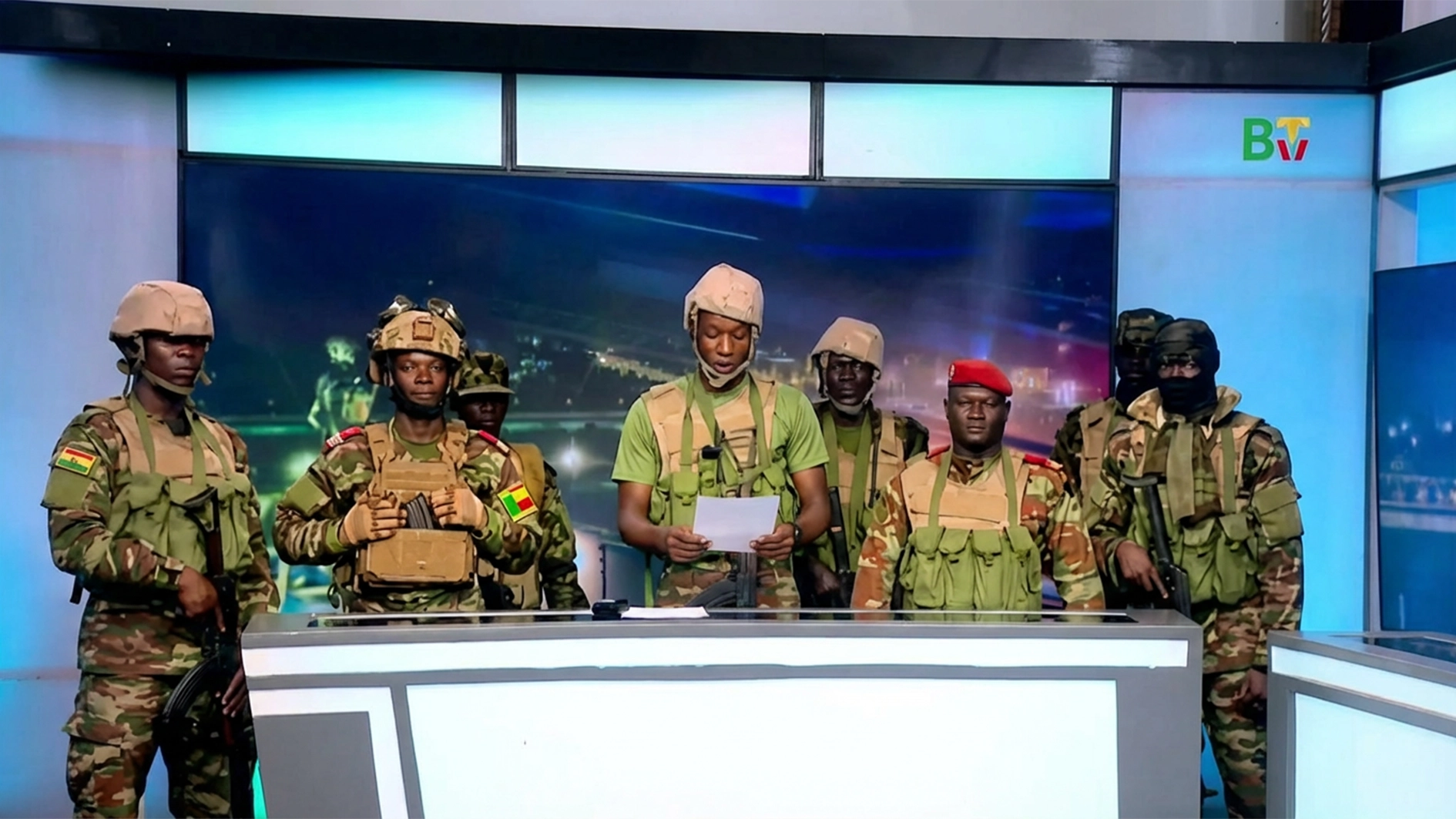President Donald Trump said he would meet Russian counterpart Vladimir Putin in Budapest after making “great progress” in a call Thursday, just a day before Ukraine’s leader is due at the White House to push for US-made Tomahawk missiles.
Trump did not give a date for the meeting in the Hungarian capital, which would be his second with Putin since returning to office. The pair met in Alaska in August without a breakthrough on ending Russia’s invasion of Ukraine.
“I believe great progress was made with today’s telephone conversation,” Trump said on his Truth Social network.
Trump said he and Putin would “meet in an agreed upon location, Budapest, Hungary, to see if we can bring this ‘inglorious’ War, between Russia and Ukraine, to an end.”
Top US and Russian officials including US Secretary of State Marco Rubio would hold “initial meetings” next week in an as yet to be decided location, Trump added.
Trump’s comments represented the latest wild swing in his relations with Putin, after he recently expressed growing frustration with the Kremlin leader over his refusal to reach a peace deal.
– ‘New level of escalation’ –
There was no immediate reaction from the Kremlin — or from Ukrainian President Volodymyr Zelensky, who is due to meet Trump on Friday to push him to increase pressure on Putin.
During Zelensky’s meeting with Trump at the White House on Friday “the main topic of discussion is Tomahawks,” a senior Ukrainian official told AFP.
Trump is considering a request from Ukraine for American-made Tomahawk cruise missiles, which have range of around 1,000 miles (1,600 kilometers) and could strike deep into Russia.
Trump had warned at the weekend that he would likely raise the issue first with Putin, who has warned that the supply of Tomahawks would be a “whole new level of escalation.”
“I might talk to him, I might say, ‘Look, if this war is not going to get settled, I’m going to send them Tomahawks.’ I may say that,” Trump told reporters aboard Air Force One en route to the Middle East.
“The Tomahawk is a incredible weapon, very offensive weapon, and honestly, Russia does not need that.”
Trump added on Wednesday that the Ukrainians “want to go offensive” and that they would discuss Kyiv’s request for the cruise missiles.
– ‘Don’t have the cards’ –
The US leader has also said he wants to up pressure on Moscow following the ceasefire agreement he brokered in Gaza between Israel and Hamas last week.
Relations between Trump and Zelensky have meanwhile warmed since February, when they sparred during a now infamous televised meeting at the White House in which the US leader told his Ukrainian counterpart: “You don’t have the cards.”
But it remains to be seen how Zelensky will react to Trump’s latest apparent rapprochement with Putin.
Tomahawks would be a major addition to Ukraine’s arsenal, consolidating Kyiv’s long-range strike abilities with a missile that can fly just above the ground at near supersonic speed to avoid radar.
The United States has used Tomahawks for more than 40 years and in some of the country’s most high-profile conflicts, from the 1991 Gulf War to this year’s US strikes on Iran’s nuclear program.
Senior Ukrainian officials visiting Washington this week met with representatives of US weapon manufacturers, including Raytheon, which produces Tomahawk missiles.
With the war now in its fourth year, Russia launched fresh attacks on energy facilities in eastern Ukraine, repeating the pattern of focusing on Kyiv’s power network that it has followed every winter.
Energy has been a core factor throughout the war, with Trump saying on Wednesday that Indian Prime Minister Narendra Modi had promised him New Delhi would stop buying Russian oil.






